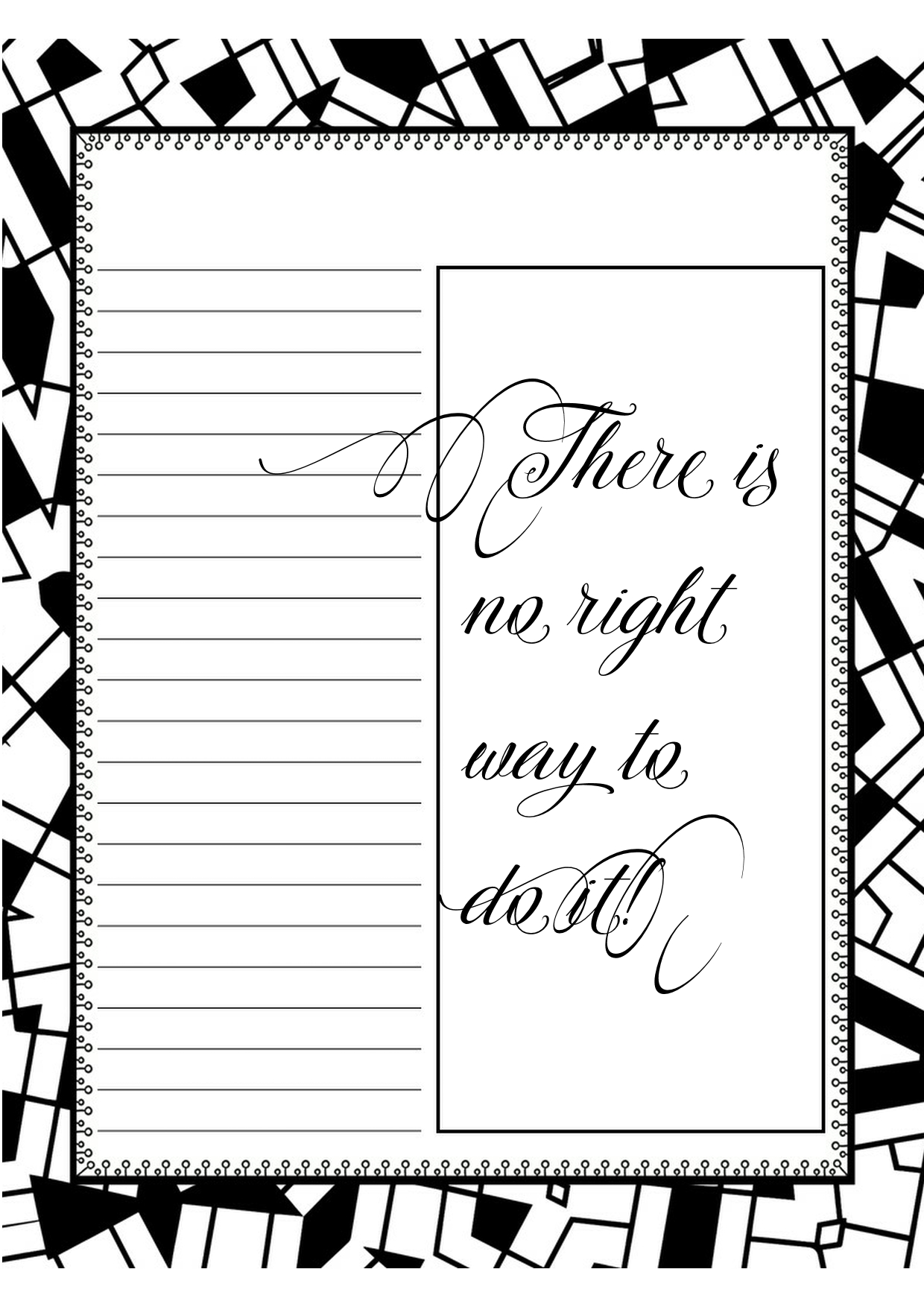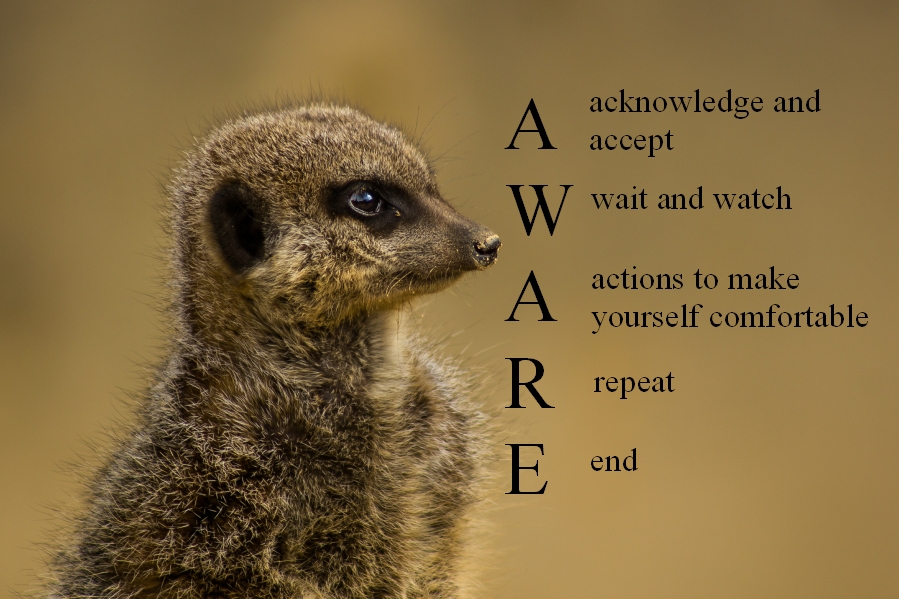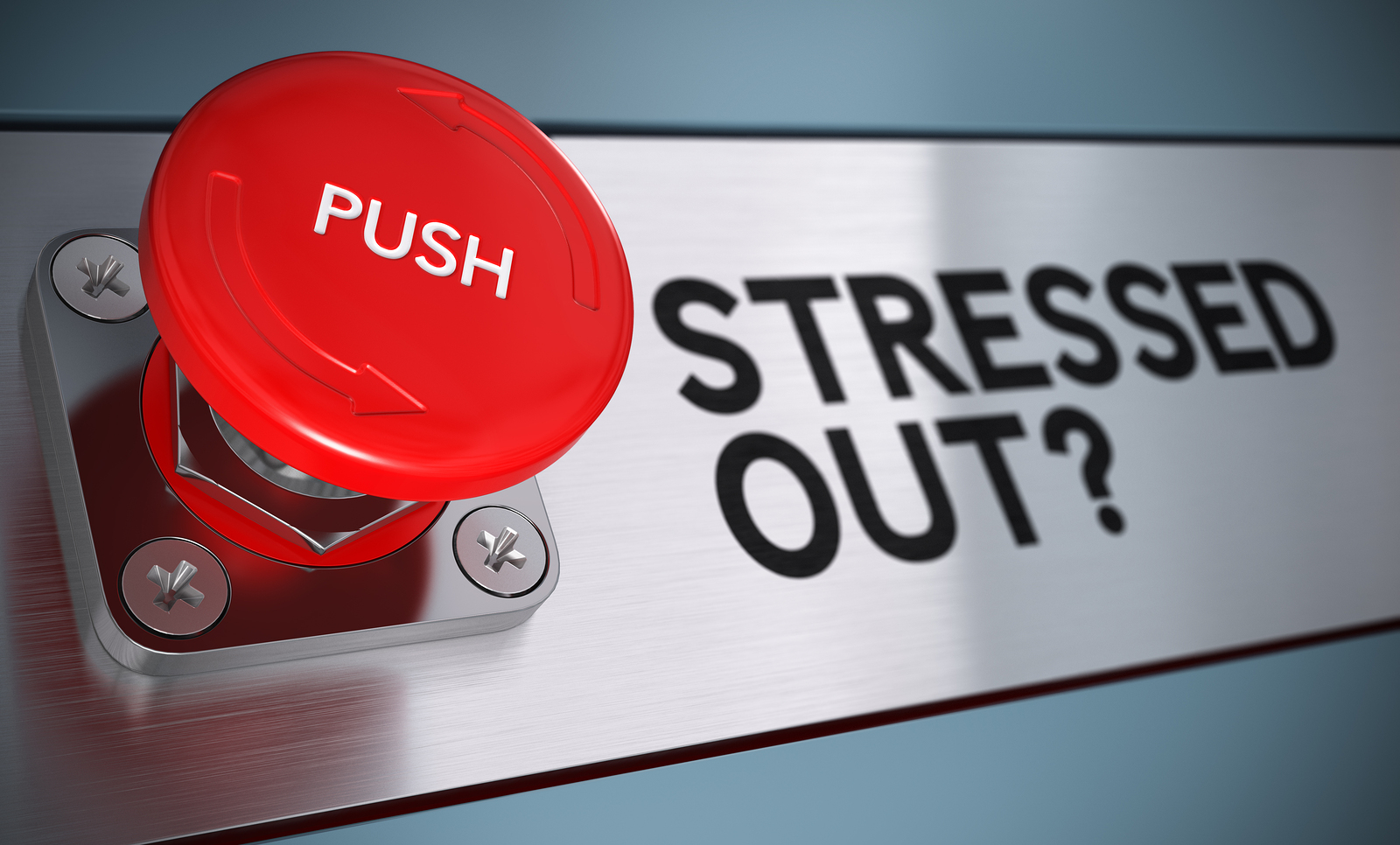4 Ways to Start Feeling Confident and Ready to Take on the World
Feeling self-confident is key to success in any area of life. When you feel good about yourself, you’re more likely to take on new challenges and achieve your goals. Sadly, 85% of people worldwide struggle with low self-esteem. If you’re one of those people, don’t worry! You can do plenty of things to start feeling […]



